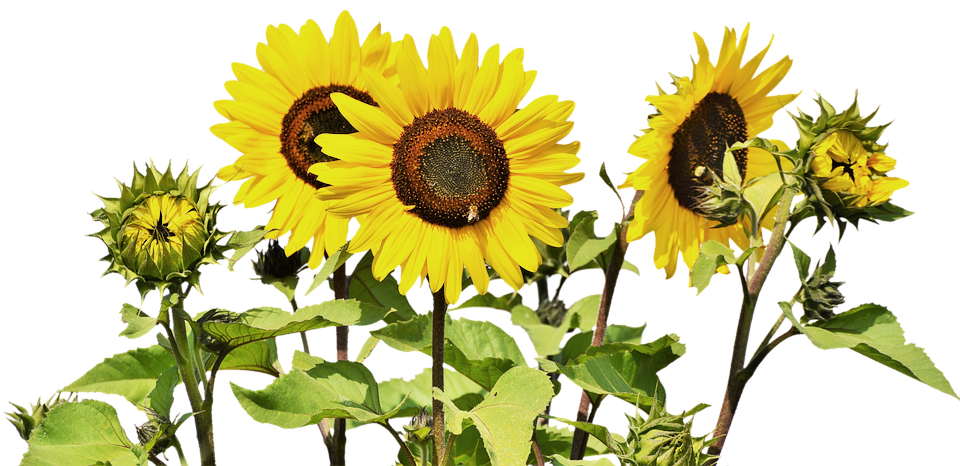
Understanding Soils and Soil Amendments
By Chris Edmunds
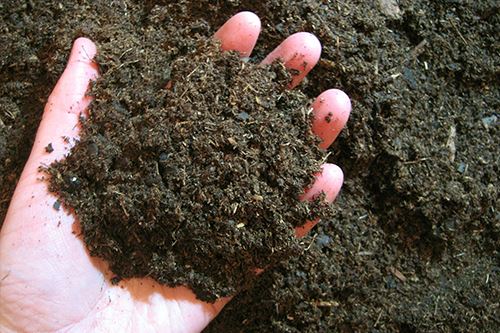
Soil might not be as fun a topic as picking our favorite blooms and colors, but what it lacks in style, it makes up for in character. High-quality soil is the foundation for everything great about your garden, and it’s easy to make sure that yours is up to snuff - either naturally or with an added boost.
What Is Soil?
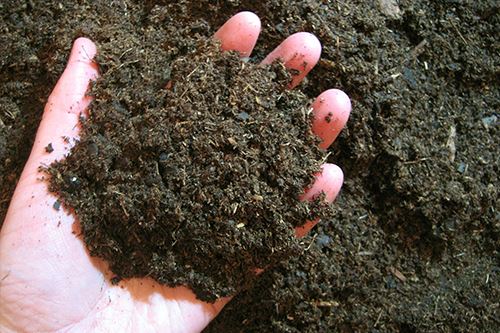 We usually end up thinking of it as just dirt, but the rich base for your garden has so much more to it. The main components of your garden’s soil are air, water, organic materials, minerals, and living organisms. All these essential parts must work together not only to house and protect the plants roots, but to provide them with nourishment. Good soil holds all of these elements to benefit the plant. Poor soil can’t give your plants what they need and is one of the most common factors when plants fail.
We usually end up thinking of it as just dirt, but the rich base for your garden has so much more to it. The main components of your garden’s soil are air, water, organic materials, minerals, and living organisms. All these essential parts must work together not only to house and protect the plants roots, but to provide them with nourishment. Good soil holds all of these elements to benefit the plant. Poor soil can’t give your plants what they need and is one of the most common factors when plants fail.
Types of Soil
There are six categories that we can divide most soil into:
-
Clay: Clay soil is full of small mineral particles that can easily get packed down, retaining moisture but not much air.
-
Chalky: Chalky soils have a hard time retaining water and are often full of stones. This soil is “hungry” and needs lots of amending with organic material to keep your plants healthy.
-
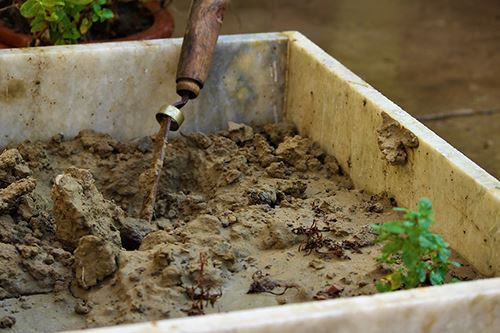 Loamy: For most plants, loamy soil is ideal. It’s full of nutrients to feed your garden and has a great structure that doesn’t dry too quickly.
Loamy: For most plants, loamy soil is ideal. It’s full of nutrients to feed your garden and has a great structure that doesn’t dry too quickly. -
Peaty: These soils have good drainage but are quite acidic, meaning that they can harm plants that prefer a more neutral pH.
-
Silty: These soils are nutrient-rich and provide good aeration but can retain water like clay.
-
Sandy: Soil that is full of large mineral particles that allow water and nutrients to pass right through without staying close to your plant’s roots.
Soil Amendments: What They Are and Why They’re Important
A soil amendment is something that you can add to your garden’s soil to help correct any issues and make it work better for plants. If you are struggling to keep moisture, find your soil too compacted, or have a hard time keeping your plants nourished, a soil amendment is the solution. Fixing your soil corrects issues at their base, so your soil and garden quality improves over time in a much more permanent way than other solutions.
What Soil Amendments are a Fit for You:
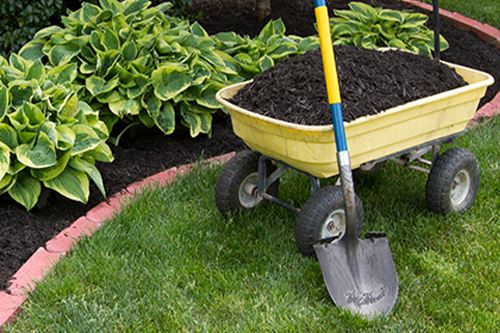 While few of us are lucky to have perfect, loamy soils to begin with, the rest of us can use soil amendments to get your plants to grow beautifully. These are the more common amendments:
While few of us are lucky to have perfect, loamy soils to begin with, the rest of us can use soil amendments to get your plants to grow beautifully. These are the more common amendments:
-
Organic Matter: Anything from compost, peat moss, or even composted manure can be used to boost the organic materials content of your soil to fuel your plants for their best performance. Don’t skimp on organic material!
-
Gypsum: Good for clay soils, gypsum loosens the soil and improves the chemistry so that your plants grow healthy.
-
Cotton Burr Mulch: Great for breaking up clay soils.
-
Lime: Lime helps to lower the acidity of your soil and is a great choice for peaty soils.
-
Vermiculite or Shredded Bark: These help with water retention and are great choices for sandy and chalky soils.
If you’re unsure of your soil type and pH, there are lots of ways to test it with kits or by having a quick dig in your garden. You can always pick up a kit at our plant nursery in Derby! Your local extension office can be a big help. Once you know what your garden might be lacking, it’s easy to find the solutions. Select an amendment and mix into the soil to make the most of your backyard growing space for the best-looking plants with as little maintenance as possible!

